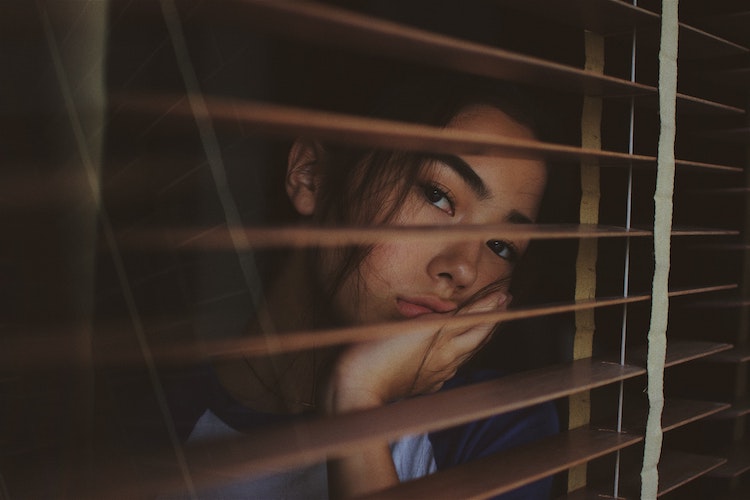
It is possible to keep anxiety at bay and take care of your mental health. Start by avoiding these six common habits to feel less anxious.
Anxiety is a word that is only now coming to the forefront as India slowly sheds away its taboo around mental illness. But the thing is that many people have been suffering from under the thumb of anxiety silently for years now.
“Anxiety needs to be treated as a medical problem. It is caused by a lot of reasons and is different for each person,” says Dr Samir Parikh, eminent psychiatrist and director of Department of Mental Health and Behavioral Sciences and Fortis National Mental Health Program at Fortis Healthcare. “Hence, every person has different symptoms and will require a different diagnosis as well as a unique treatment,” he adds.
Looking at it broadly, though, Dr Parikh suggests the following symptoms to be associated with anxiety: excessive worrying, avoiding certain situations, and not being able to maintain relationships for a long time.
While there is no substitute for sitting with the doctor for the right treatment, here are some common habits that may also be adding to your anxiety and changing these might make a difference to your mental health:
1. Too much caffeine
A lot of us depend on that cup of coffee or tea to begin the day. But, did you know that you could be setting yourself up for a very anxious day by doing this?
According to a study published in the US National Library of Medicine people who suffer from anxiety can end up worsening their day by caffeine intake, especially because it makes your heartbeat rise and that’s one of the physical symptoms of a full-blown panic attack.
Instead, you could try warm water with lemon as a substitute. It is refreshing and it also keeps you healthy by flushing out all the toxins!
2. Skipping workouts
It is important to realize what exercise can do for you if you have a lifestyle that demands you to be sedentary for long periods of time. In fact, research published on PubMed found that leading a sedentary lifestyle, especially sitting for long hours at a stretch, can make you feel more anxious. Mild physical activity, on the other hand, like walking, can alleviate that feeling.
3. Spending too much time on social media
We may or may not like it, but we can all accept that it is tough to ignore social media. Logging into it, scrolling through our news feed, and posting something of our own has become a part of our daily routines just as much as the essential act of eating.
However, it could be increasing your anxiety levels as you grapple with ‘the fear of missing out’ and upward comparisons each time you log on. A study published in the Journal of Social and Clinical Psychology observed that the more time you spend on social media, the more negative its effects are on your mental health.
4. Drinking a little too much alcohol
While some people who experience anxiety can end up using alcohol to numb it, the truth is that it will only add to their anxiety woes in the long run. A study published by the US National Library of Medicine noted that long-term alcohol usage can end up rewiring your brain in a way that makes you end up feeling more anxious.
5. Skipping meals
Many of us have extremely hectic lifestyles and more often than not, we end up skipping meals to make time to complete the tasks for the day. However, this makes your blood sugar levels drop, which will end up making you feel more irritable and anxious. Hence, you must try to take out at least fifteen minutes even on the busiest of days to make sure you’re not skipping meals.
6. You’re dehydrated
We’ve heard the drink-eight-glasses-of-water advice from everyone, everywhere and yes, it sounds pretty repetitive. But the reason so many people tell you this is because it will not only make your skin clear and your body cleaner, but will also keep anxiety at bay. When you’re dehydrated, you tend to feel light-headed with an increased heart rate which only makes you more prone to anxiety.
That said, it is important that you visit a professional in order to find the root cause of your anxiety as well as the right treatment. Avoiding these mistakes can only help you manage your anxiety a tad better at home.